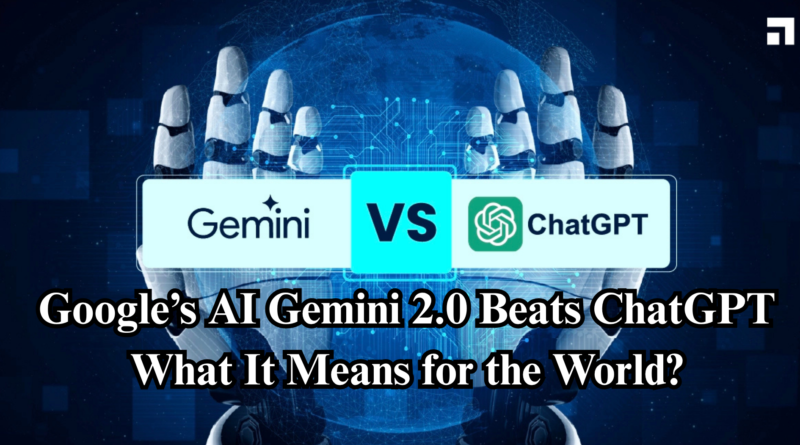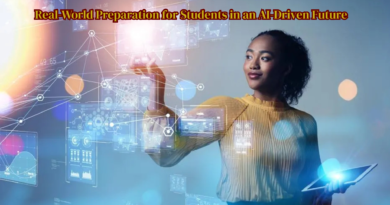Google’s AI Gemini 2.0 Beats ChatGPT – What It Means for the World
In a major leap forward for artificial intelligence, Google has officially unveiled Gemini 2.0, the latest version of its flagship AI model one that many experts believe surpasses OpenAI’s ChatGPT in key performance areas. Benchmarked across a wide range of language, reasoning, and multimodal tasks, Gemini 2.0 has demonstrated superior capabilities in understanding complex prompts, generating more nuanced responses, and seamlessly integrating voice, image, and text data. This development signals a new phase in the global AI race one that could redefine how we interact with technology in everyday life.
Unlike its predecessor, Gemini 2.0 is designed as a true multimodal model, meaning it can process and generate text, audio, image, and video data in real-time with remarkable accuracy. This puts it ahead of ChatGPT-4 in several areas, especially tasks requiring contextual understanding across different formats. For instance, Gemini 2.0 can watch a video, interpret scenes, summarize them, and even generate predictive suggestions or creative edits all in one go. This kind of fusion could revolutionize fields such as education, journalism, entertainment, and medical diagnostics.
One of the standout features of Gemini 2.0 is its deep integration with Google’s ecosystem. It is now embedded into core products like Google Search, Gmail, Docs, and YouTube. This gives it a massive edge in accessibility and usefulness—users can leverage Gemini’s intelligence while composing emails, summarizing videos, or even troubleshooting real-world tasks using Google Lens. It becomes more than just an assistant; it’s a part of your daily workflow.
The implications for the workforce are profound. With Gemini 2.0 offering near-human levels of communication and reasoning, businesses may increasingly rely on AI for customer service, marketing, content creation, and data analysis. While this promises cost and efficiency benefits, it also reignites concerns about job displacement and the need for rapid upskilling. Countries lagging in AI adoption could face economic imbalances as global productivity gaps widen.
From a competitive standpoint, Google’s breakthrough challenges OpenAI’s dominance. ChatGPT previously led the public imagination with its powerful conversational interface, but Gemini’s superior task performance, especially in coding, planning, and scientific reasoning, could draw enterprise users away from ChatGPT-based tools. This rivalry may fuel further innovation, but it also raises questions around ethical AI development, transparency, and responsible usage.
For education and knowledge access, Gemini 2.0 is a game changer. Its ability to explain complex topics using visuals, text, and voice simultaneously makes learning more engaging and accessible. Students in remote or underserved areas could receive high-quality tutoring from an AI that adapts to their needs. But there’s also a risk of over-dependence—educators warn that critical thinking and human interaction must not be sidelined.
Geopolitically, the rise of Gemini 2.0 marks a new chapter in AI diplomacy. Countries investing heavily in domestic AI—like China, the U.S., and India are watching closely. AI leadership now influences everything from cybersecurity to global trade, and Google’s dominance with Gemini may prompt governments to update AI regulations, foster home-grown talent, and reconsider digital sovereignty policies.
Ultimately, Gemini 2.0 isn’t just a product upgrade it’s a signal of what’s coming. The blending of AI into every part of life, from personal assistants to creative partners, is accelerating. As Google and OpenAI battle it out for the top AI spot, the world stands at a turning point: how we choose to use these tools will shape the future of society, work, and knowledge itself.




